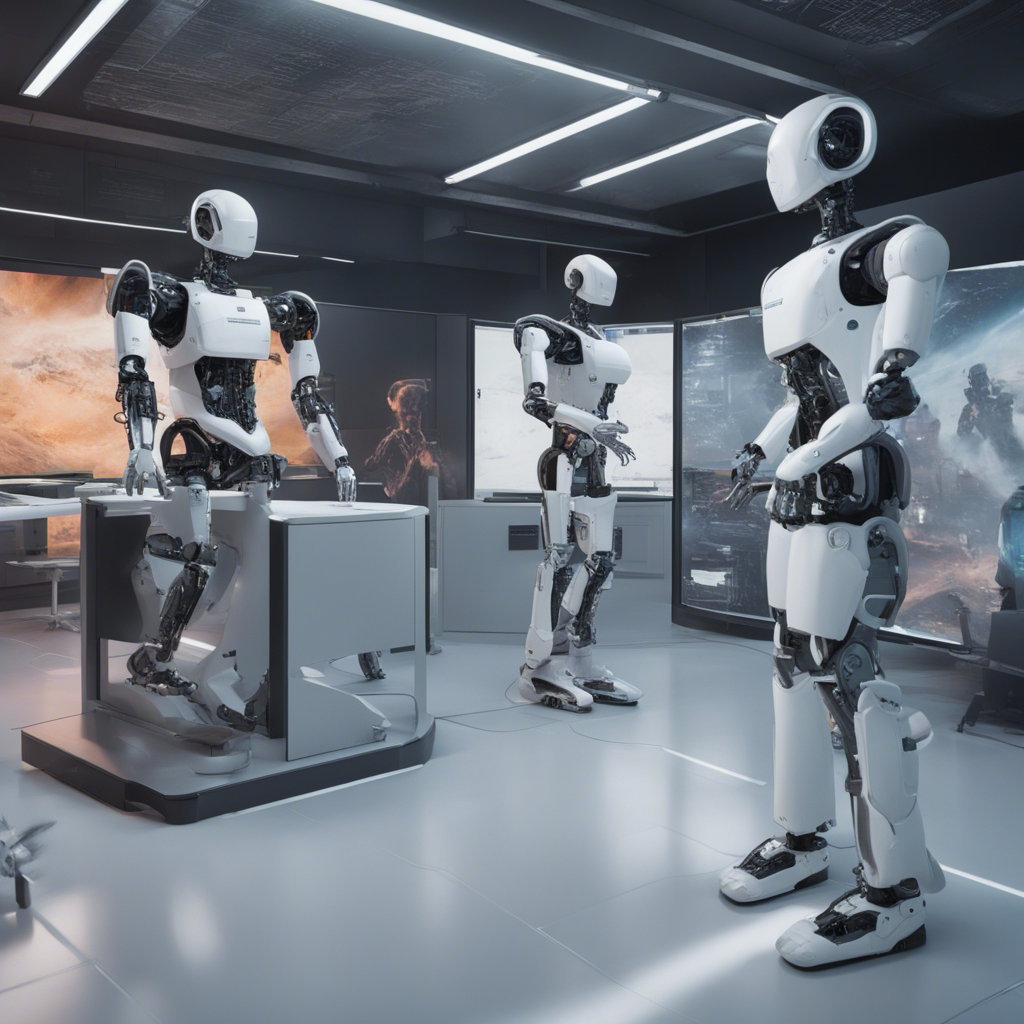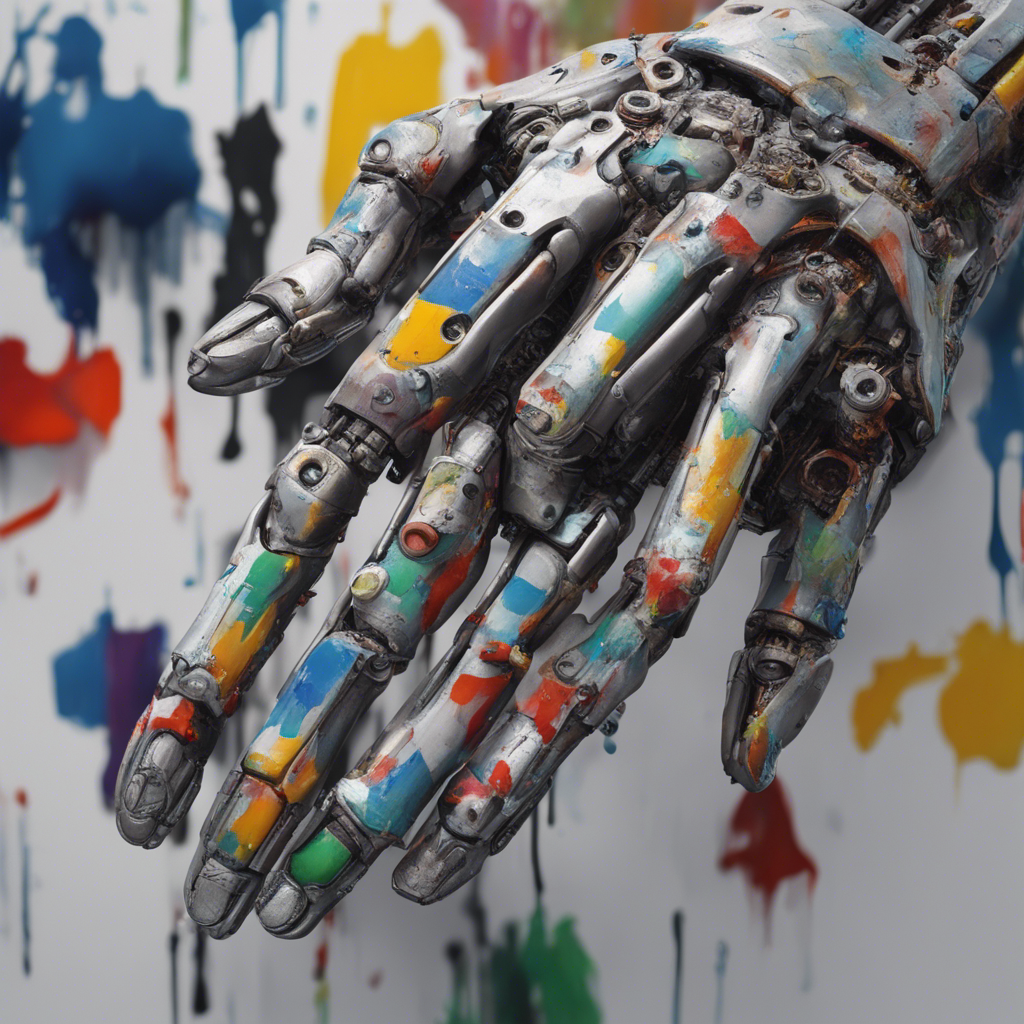
Artificial Intelligence (AI) has the potential to revolutionize various industries, and education is no exception. With advancements in AI technology, educators and policymakers are exploring its integration into classrooms to enhance and personalize learning experiences for students. However, as with any technological advancement, there are both pros and cons to consider. In this blog post, we delve into the advantages and disadvantages of AI in education, providing valuable insights for educators, students, and stakeholders in the education ecosystem.
The Pros of AI in Education
Personalized Learning
One of the significant advantages of AI in education is its ability to provide personalized learning experiences for students. AI technologies, such as adaptive learning platforms, can assess individual student performance and tailor instruction to meet each student’s unique needs. This personalization enables students to learn at their own pace, reinforcing concepts they struggle with and progressing more quickly through areas they have already mastered. Studies have shown that personalized learning leads to improved student outcomes and engagement, promoting a deeper understanding of the material and fostering critical thinking skills12.
Intelligent Tutoring Systems
AI-powered intelligent tutoring systems provide students with personalized and interactive guidance, mimicking the support of a human tutor. These systems can answer questions, provide immediate feedback, and offer additional resources based on a student’s strengths and weaknesses. The ability of AI to adapt its tutoring strategies can significantly enhance the learning process, allowing students to fill knowledge gaps and develop a more comprehensive understanding of the subject matter3.
Enhanced Administrative Efficiency
AI technologies can automate administrative tasks, freeing up educators’ time to focus on teaching and mentoring. Applications such as AI-powered grading systems enable quick and accurate grading of assignments and assessments, saving teachers hours of time. Moreover, AI can analyze large amounts of educational data, such as students’ performance and attendance records, providing insights for administrators to make data-driven decisions and better allocate resources4.
Intelligent Content Creation
AI algorithms can generate educational content, including quizzes, worksheets, and tutorials. This capability can greatly assist educators in developing high-quality learning resources without spending countless hours on content creation. AI-generated content can also be customized to meet specific learning objectives, ensuring a diverse range of materials to support different learning styles5.
The Cons of AI in Education
Data Privacy and Security Concerns
One of the primary concerns surrounding AI in education is the collection and use of student data. As AI systems gather extensive student information, including personal details and learning patterns, there is a risk of data breaches and privacy violations. It is crucial for educational institutions to implement robust data protection policies and procedures to ensure the security and anonymity of student data. Additionally, stakeholders must address ethical considerations related to data usage and obtain proper consent before collecting and analyzing student information6.
Lack of Human Interaction
While AI can personalize learning and provide tutoring services, it cannot replicate the empathetic and emotional support of human educators. Many argue that human connection and interaction are vital in education, fostering social skills, empathy, and positive relationships among students and between students and teachers. Therefore, it is crucial to strike a balance between AI integration and maintaining human presence in the educational environment7.
Cost and Accessibility
Integrating AI into education comes with financial implications. Educational institutions must invest in infrastructure, software, and training to effectively deploy AI technologies. This cost can be prohibitive for some schools, limiting access to the benefits that AI offers. Furthermore, the digital divide, with disparities in internet access and technology availability, poses additional challenges to ensuring equitable access to AI-powered education. Policymakers need to address these issues to avoid exacerbating educational inequalities8.
Potential Biases and Inaccuracies
AI algorithms are trained on data sets that may contain biases or inaccuracies, reflecting societal biases or limitations in the training data. If left unchecked, these biases can perpetuate discriminatory practices and inequalities in education. It is crucial to regularly audit and retrain AI systems to mitigate biases and ensure fair and accurate outcomes for all students9.
Conclusion
AI has immense potential to transform education by personalizing learning experiences, providing intelligent tutoring, streamlining administrative tasks, and enabling efficient content creation. However, the integration of AI in education requires addressing concerns related to data privacy, maintaining human interaction, financial implications, and potential biases. By addressing these challenges and leveraging the advantages of AI, we can strive to harness technology effectively to create an inclusive and empowering educational environment for all.
References:
-
D. Saldivar et al., “Personalization and Educational Data Mining: An Architecture for Enhanced Learning,” Proceedings of the 2009 Conference on Artificial Intelligence in Education: Building Learning Systems that Care: From Knowledge Representation to Affective Modelling, 2009. ↩︎
-
A. L. Zeinab et al., “The Impact of Personalized e-Learning on Elementary Students’ Engagement and Attitude,” International Journal of Advanced Computer Science and Applications, 2020. ↩︎
-
B. C. Lovett et al., “Improving Mathematics Learning Outcomes with Intelligent Tutoring Systems,” Interactive Learning Environments, 2008. ↩︎
-
S. Alexander, “Can Artificial Intelligence Make Good Teachers Great?,” eSchool News, 2020. ↩︎
-
J. M. Wunderlich et al., “Artificial Intelligence in Education: Promises and Pitfalls,” ISA Transactions, 2020. ↩︎
-
A. Byram, “7 Ethical Concerns Facing AI in Education,” EdTech Magazine, 2019. ↩︎
-
J. McLeod and J. Vasquez-Colina, “The Paradox of AI in Schools,” Phi Delta Kappan, 2019. ↩︎
-
A. Lorain, “7 Pitfalls to Avoid in AI Integration,” eSchool News, 2021. ↩︎
-
C. Darbyshire and M. F. Bondi, “AI in Education: Risks of Bias,” Archaeologies, 2021. ↩︎






